The Associated Press-NORC Center for Public Affairs Research and the Energy Policy Institute at the University of Chicago published a new poll Tuesday examining American attitudes around electric vehicles in the context of the presidential election.
The poll shows that American consumers have become resistant to Biden’s plan this year to try to boost EV sales, despite his best efforts to use the government to promote electric-only vehicles in America.
Biden’s Agenda
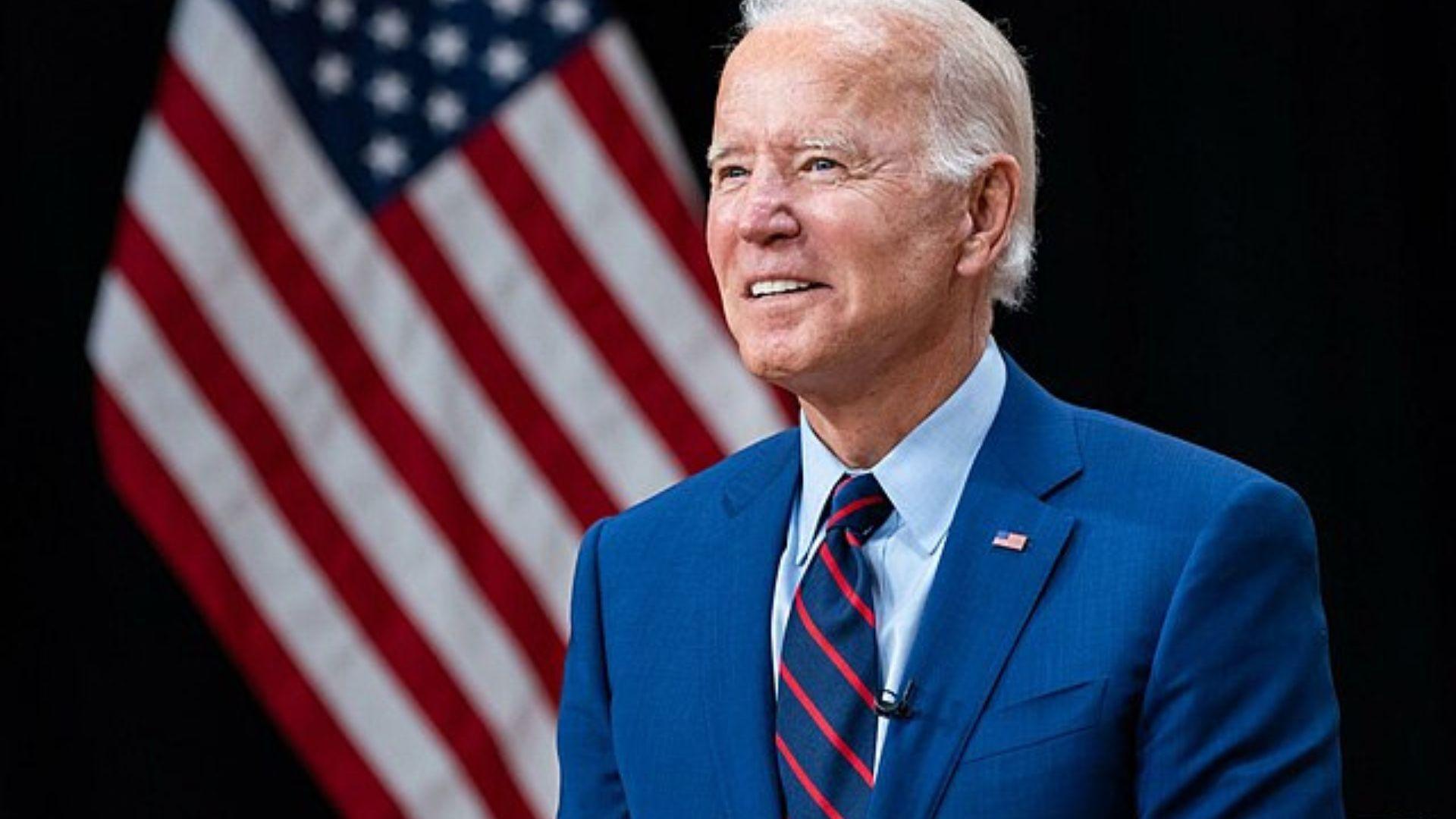
President Biden has instituted several steps in trying to boost electric vehicle sales, with the belief that they are better for climate change and the environment. EVs have become a central part of Biden’s plan to fight climate change.
The Environmental Protection Agency put forward a new rule that 56% of all new vehicle sales in the US must be electric vehicles by 2032, along with 13% being hybrid cars.
Electric Vehicle Poll

The new AP-NORC poll that was just released is called “Americans’ attitudes toward electric vehicles, climate, and energy policy ahead of the 2024 presidential election.”
This survey interviewed 6,265 adults between March 26 and April 10. It has a sampling margin error that is plus or minus 1.7 percentage points at the 95% confidence level.
Americans Deterred
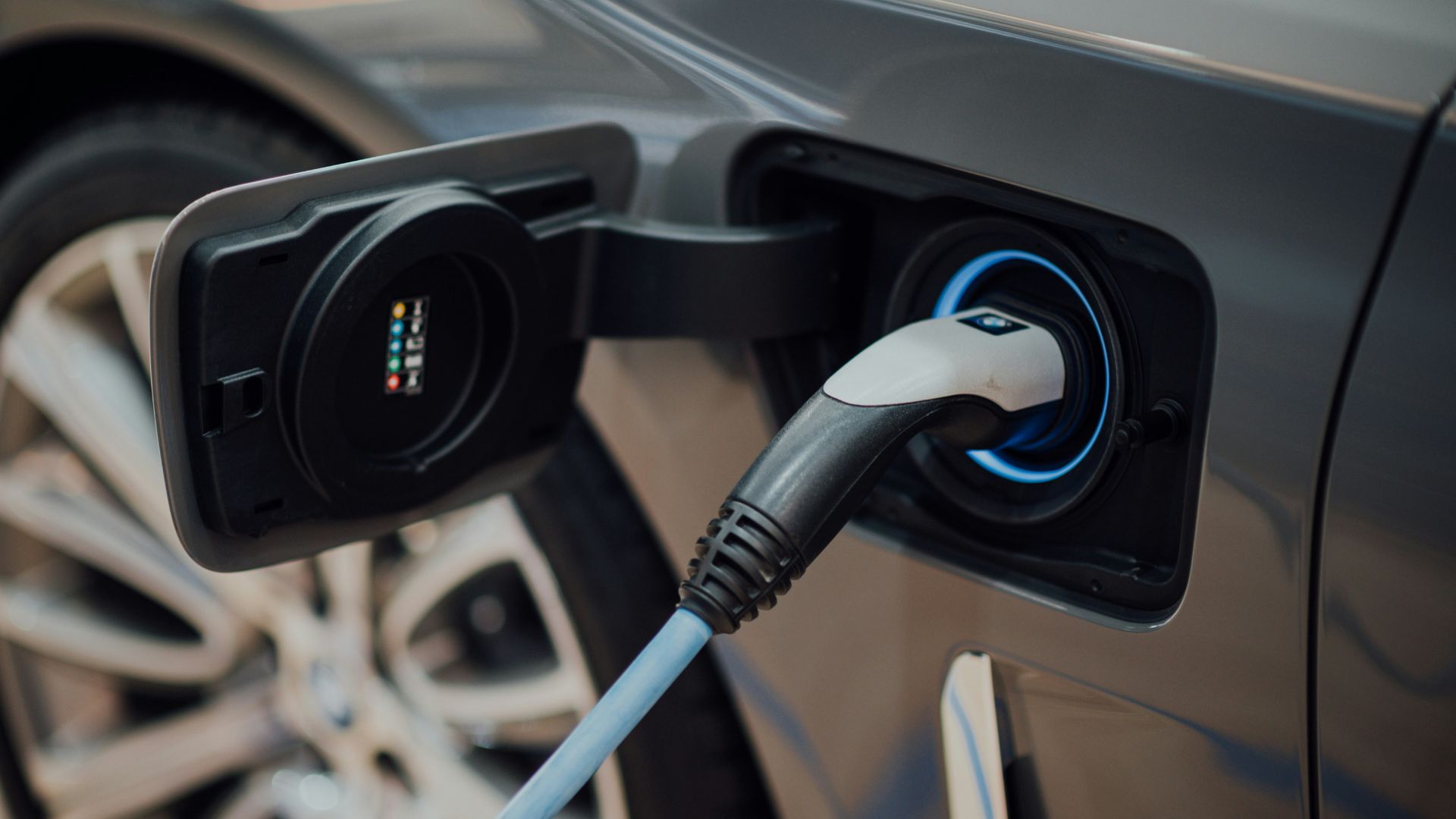
The description of the survey talks about the findings and concerns Americans have toward electric vehicles.
“Americans continue to be open to purchasing electric vehicles, but are deterred by cost, range, charging capacity, and a lack of charging stations,” says the AP-NORC survey page.
Vehicle Cost is the Top Concern

Consistent polling, including this new poll, shows that the cost of vehicles is the most significant reason people will not purchase an EV.
59 percent of poll respondents said that “the cost of a new EV is too high” as the major reason they had not purchased one.
EV Range
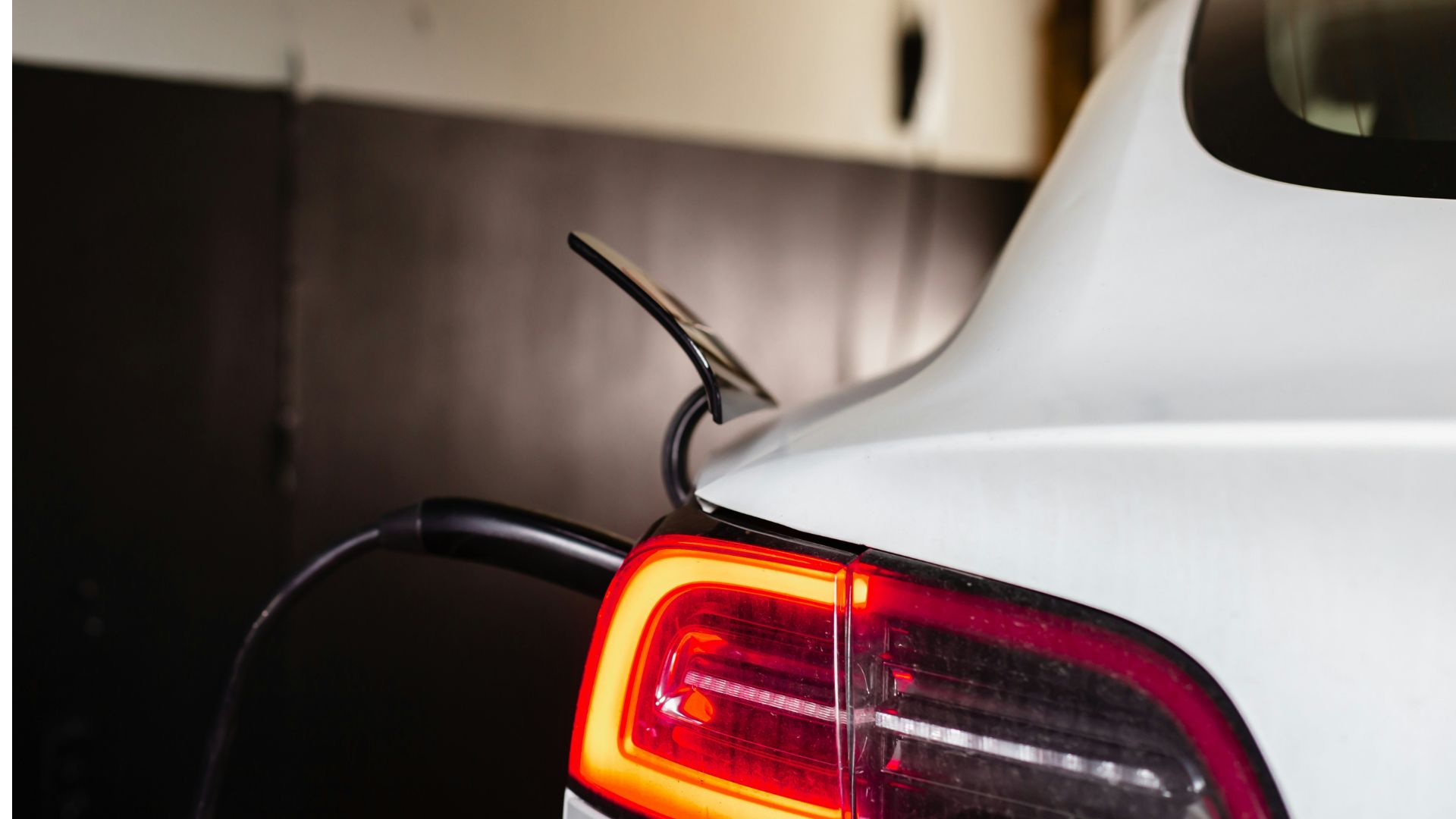
The second most highly asserted reason for not purchasing an EV is related to the range of these vehicles.
47% of respondents said that the range of an EV in between needing to be charged was not far enough and held them back from purchasing. The Department of Energy in 2022 found that electric vehicles had about half the range of gas-powered ones.
Too Long to Charge

Rounding out the top three reasons why people are less likely to buy an EV is the concern that “it takes too long to charge.”
The actual charging time can vary greatly depending on the charger you have or the vehicle, but reportedly, sometimes charging an electric vehicle can take as long as 30 to 50 hours.
Low Ownership
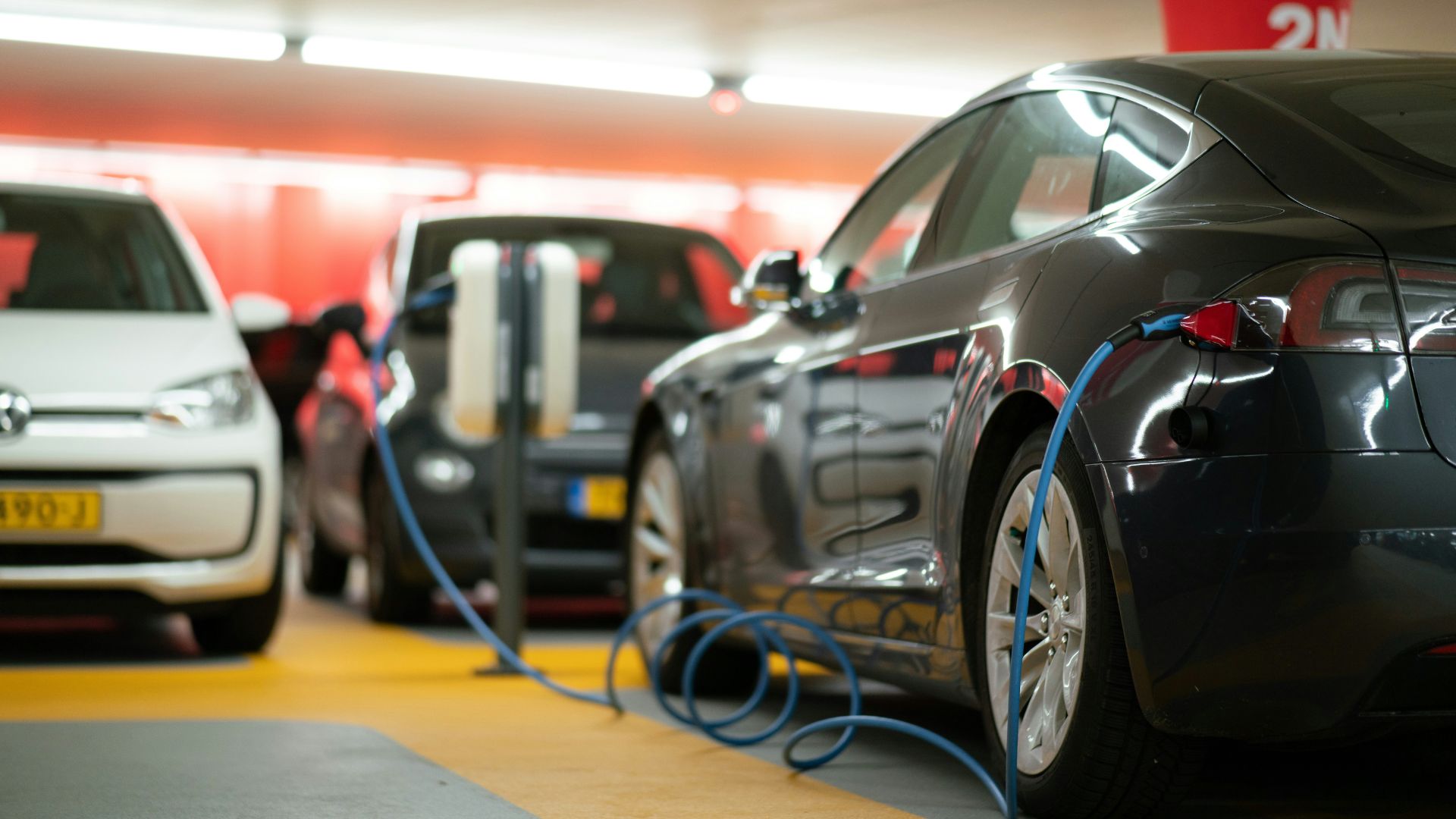
One of the key findings from the survey is the continued low ownership of electric vehicles among Americans despite EVs being pushed by political forces.
Only 9% of Americans report owning or leasing an EV, and only 13% of US adults report that they or someone in their household owns or leases a gas-hybrid vehicle.
Purchasing EVs
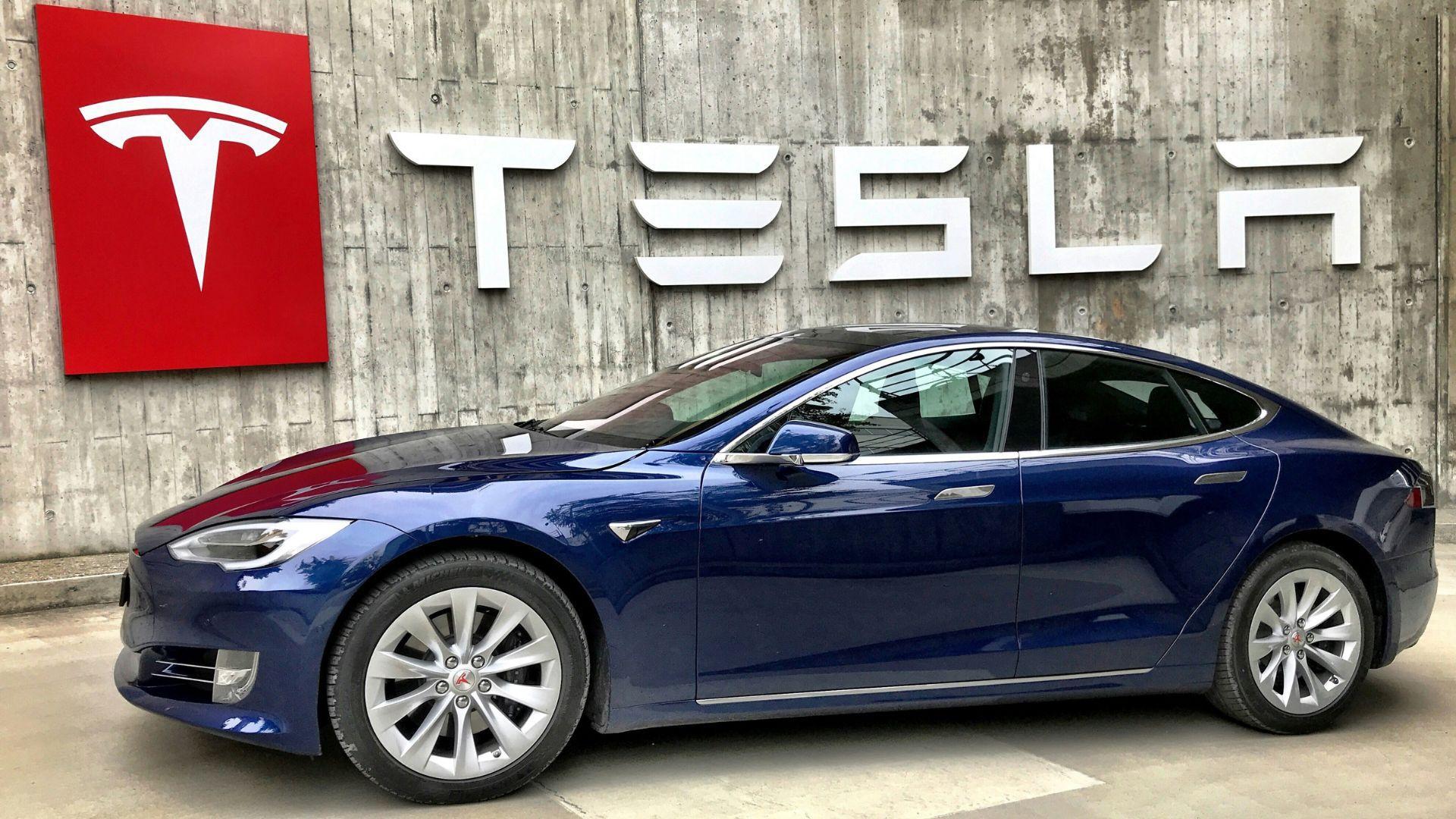
Only 4 in 10 American adults say they are somewhat likely to purchase an electric vehicle the next time they need to buy a car, according to the survey.
Recently, EV sales and demand for EVs have been falling, with EV giant Tesla recently having a disappointing Q1 and a 13% decline in sales year over year.
Younger People Purchasing More

The survey found that younger Americans, those under 45, are more likely to purchase an electric vehicle.
Over half of younger Americans reported that they would be “somewhat” likely to purchase an EV compared to only 32% of older adults who said the same.
Political Issue
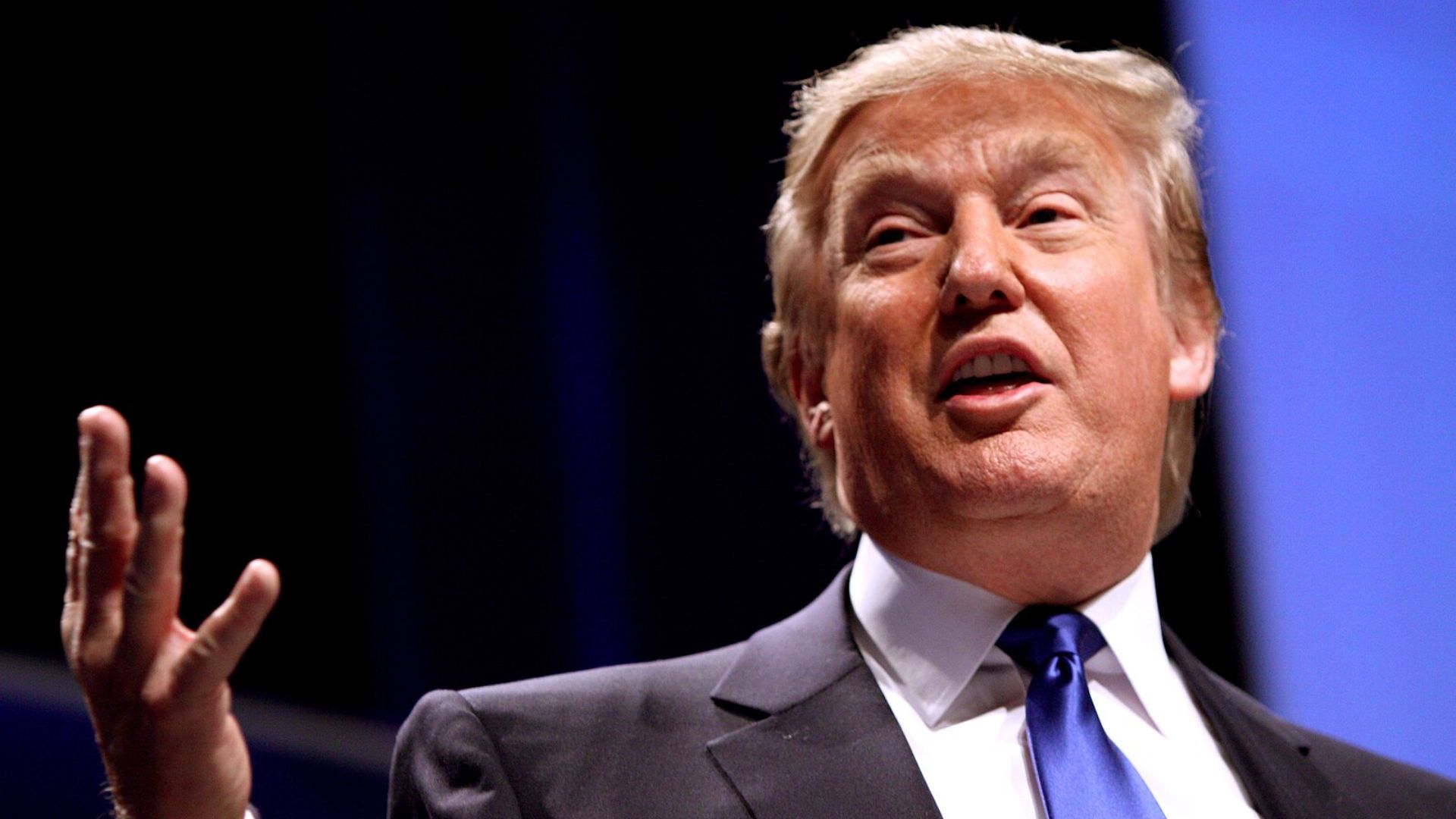
Electric vehicles have become a divisive political issue, which may explain some people’s hesitancy to adopt them. In response to Biden’s policy agenda to promote EVs, Trump has framed Biden’s actions as “radical.”
Biden’s tax credit for EV buyers has been seized on by Republicans as trying to kill the economy in places where automobile manufacturing is the bread and butter.
Economic Bloodbath

In March, Trump spoke at a rally, making controversial comments and referencing a “bloodbath” that would be coming for the automobile industry and the entire country should he not be elected in November.
In the speech, Trump promised a 100% tariff on vehicles made outside the US, hoping to try to protect the country’s auto industry.
